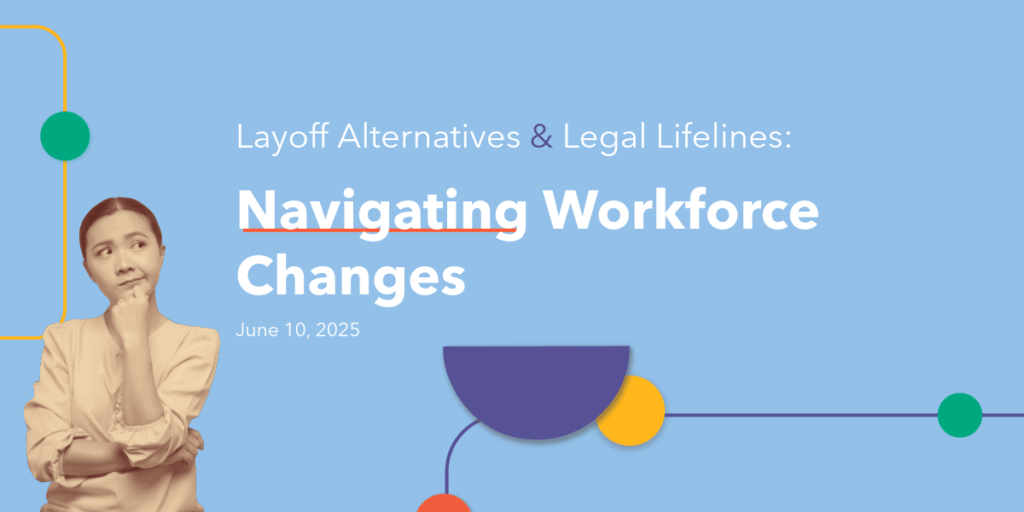The Overview
“What’s the worst thing that can happen, really isn’t that bad under most circumstances. Yeah, there’s a risk, but if I don’t try, then I will never achieve any of the things I want to achieve”
Recently, our Dr. Sue Haywood sat down with Michael Palmer of the Successful Bookkeeper Podcast to discuss overcoming risk and failure to redefine workplace culture, how the pandemic has changed our priorities, and how to support employee mental health and prevent burnout.
Overcoming Failure
“Failure to me means trying something new” Sue explains in the podcast. Sue is no stranger to trying something different, as is outlined by her career to this point. As such, she is a proponent of failing at something, because it means you’re trying something different, and that effort alone should be celebrated. Obstacles, while challenging, open a door for you to grow, which is the same for SMEs. Every new venture is a chance to learn more about yourself, your business, and the people you’re serving. So rather than associate failure with a negative experience, Sue encourages listeners to embrace it. “You’ll never be a successful business owner if you don’t try new things”.
Workplaces Post Pandemic
Post COVID, employers need to look at the “whole person” and their needs beyond their work needs and output, Sue explains. Letting people prioritize their out-of-work life makes them unique and allows them to contribute more to the organization. To support this change, managers need to rethink the “top-down” model of decision-making and ask their employees to provide input for the path forward. Instead of telling employees what to do, ask how you can work together.
Mental Health
The stress of the last 2 years has presented mental health challenges we have never seen before. It has made people realize that they can’t compartmentalize these feelings, changing how we present ourselves in the workplace. This shouldn’t be stigmatized but supported, Sue states. By being open about how we’re feeling, we’re creating a more compassionate environment and understanding, where owners encourage people to speak about how they’re feeling and take time for themselves when it is needed. This can also impact policy at work, for example, if a policy is causing mental duress for employees, it’s a manager’s responsibility to ask, why does this policy exist in the first place?
Support for SMEs
Changing workplaces to support the different needs of employees is not a small task. It is going to require monumental changes to how all offices operate, akin to a second industrial revolution. All this change at a time of economic uncertainty can understandably worry managers, but they’re not alone. There are experts, like the ones here at Business Sherpa Group, who can help you work on new policies to support staff. Our tap-on-tap-off model gives business owners the expertise of a large consulting firm at a price that prioritizes affordability for SMEs.
About Dr. Sue Haywood
Dr. Sue Haywood is the Director of HR Practice and Head People Officer with Business Sherpa Group and an Assistant Professor at the Smith School of Business at Queen’s University. Sue’s career includes service with the Canadian Armed Forces and HR roles within healthcare, government, and Fortune 500 companies. Her experience and knowledge of HR considerations enable her to provide strategic advice to private and public sectors, unionized and non-unionized workplaces, and large and small organizations. She serves on the HRPA board of directors, volunteers with Great Dane rescue, and is the proud mom of a pre-schooler.
You can connect with Sue here.










